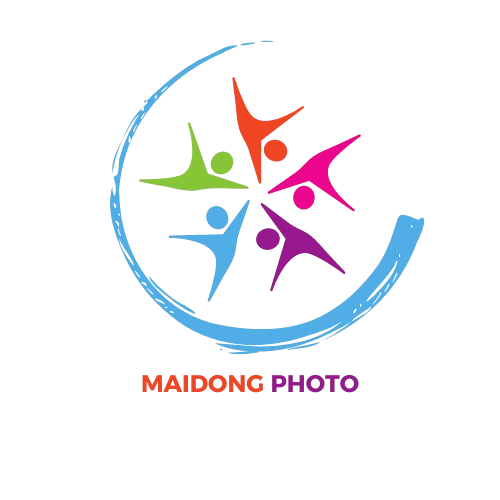Introduction
Time zones are a fundamental part of our daily lives, shaping everything from our daily routines to our interactions with the global community. My time zone not My Time zone only influences when I wake up and go to sleep but also impacts how I coordinate with others, travel, and engage with global events. This article delves into the significance of my time zone, exploring how it affects various aspects of my life and offering practical tips for managing time zone-related challenges.
Understanding My Time Zone
A time zone is a region where the same standard time is observed. The world is divided into 24 time zones, each generally covering 15 degrees of longitude. Each time zone is defined by its offset from Coordinated Universal Time (UTC), which serves as the baseline for global timekeeping.
For instance, if I live in New York, my time zone is Eastern Standard Time (EST), which is UTC-5. This means that my local time is five hours behind UTC. Conversely, if I am in Sydney, my time zone is Australian Eastern Standard Time (AEST), which is UTC+10, putting it ten hours ahead of UTC.
How My Time Zone Affects My Life
- Daily Schedule: My time zone determines the structure of my daily routine. Whether it’s setting an alarm for work, scheduling meals, or deciding when to go to bed, my time zone frames these activities. A consistent time zone helps maintain a stable routine, which is essential for productivity and well-being.
- Communication with Others: Coordinating with friends, family, or colleagues in different time zones requires careful planning. Understanding the time difference helps in scheduling calls, meetings, and online interactions at times that are convenient for everyone involved.
- Travel and Jet Lag: Traveling across time zones can disrupt my internal clock, leading to jet lag. Knowing the time difference between my current location and my destination helps me adjust my schedule in advance, reducing the impact of time zone changes on my sleep and daily activities.
- Work and Professional Collaboration: For those of us working remotely or collaborating with international teams, time zones play a crucial role. Synchronizing work hours and setting meeting times that accommodate multiple time zones is key to effective teamwork and project management.
- Cultural and Global Events: Major global events, such as live broadcasts, sports events, or international releases, are scheduled based on time zones. Being aware of my time zone helps me tune in at the right time and stay engaged with global happenings.
Managing Time Zone Differences
- Utilize Technology: Most smartphones, tablets, and computers automatically adjust to my local time zone. Digital calendars and scheduling apps often include features for managing multiple time zones, making it easier to plan events and meetings across regions.
- World Clocks and Converters: Online world clocks and time zone converters are valuable tools for understanding time differences. These tools help me quickly determine the local time in various locations, aiding in communication and travel planning.
- Adjust for Daylight Saving Time: If my time zone observes daylight saving time (DST), it’s important to be aware of when it starts and ends. DST shifts can affect time differences and scheduling, so adjusting plans accordingly helps avoid confusion.
- Plan for Travel: When traveling across time zones, gradually adjusting my sleep schedule to match my destination’s time zone can help minimize jet lag. Staying hydrated and maintaining a consistent routine during travel can also ease the transition.
- Communicate Clearly: When scheduling with people in different time zones, clearly specify the time zone in all communications. Using tools that display multiple time zones can also help prevent misunderstandings.
Conclusion
Understanding my time zone is more than knowing the current local time; it affects my daily schedule, communication, travel, work, and engagement with global events. By leveraging technology and planning effectively, I can navigate the complexities of time zone differences with ease. Whether coordinating international meetings, adjusting to travel, or staying connected with global events, a clear understanding of my time zone ensures that I remain organized, informed, and in sync with the world around me.
